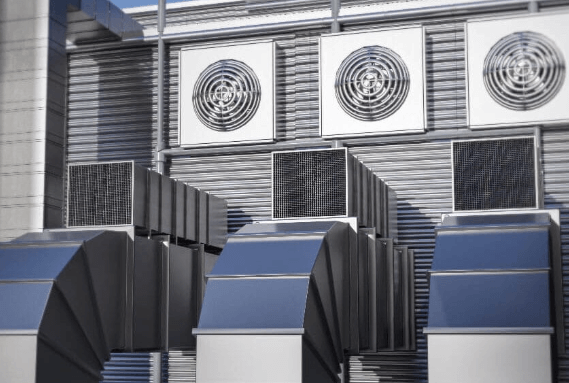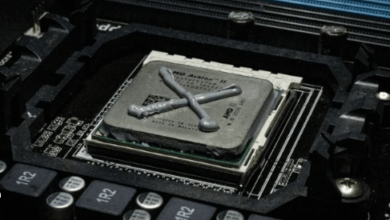Common Mistakes to Avoid When Replacing Your HVAC System

Heating and cooling your home can be costly, but we understand that it is necessary to keep our homes comfortable and cozy. However, it is necessary to understand that homeowners can make mistakes during HVAC replacement, which can result in long-term problems, such as higher energy costs, poor system performance, or premature system failure.
So, if you are looking for an HVAC replacement near me, this guide discusses the most typical errors customers make while choosing new HVAC systems, how to avoid them, and how to make the right decisions.
Neglecting Proper Sizing of the HVAC System
The size of the new HVAC system is a crucial factor to consider when replacing the old unit. Some homeowners tend to overestimate or underestimate the capacity of their HVAC system because they believe that a large unit is more efficient or a small HVAC system will be cost-effective.
However, if the system is too large, it will waste a lot of energy and wear out the system more often. Conversely, a system that is too small will take a long time to heat or cool the house; it will always be on, putting pressure on the energy bills and having a shorter life span.
To ensure this is not the case, it is wise to engage a competent HVAC replacement technician to do a thorough load calculation, depending on the home’s size, insulation levels, window performance, and the regional climate.
See also: How Air Conditioner Repair Services Can Improve Indoor Air Quality
Overlooking Energy Efficiency Ratings
It is also important not to overlook the efficiency rating of the HVAC system used. Some companies may choose a system that initially costs less and is less efficient, but it will be much more expensive in the long run.
Equipment with a higher SEER (Seasonal Energy Efficiency Ratio) or a higher HSPF (Heating Seasonal Performance Factor) is more costly in initial purchase. However, it will prove cheaper in the long run due to lower energy bills.
Moreover, some efficient systems may attract rebates or incentives, making them even more affordable. You need to always look at the efficiency ratings of various systems and consider the cost implications in terms of long-term savings.
Ignoring the Importance of Proper Installation
Even the best and most efficient HVAC system will not show good results if it’s not well installed. Some problems that may arise from improper installation include refrigerant leakage, inadequate airflow, and ineffectiveness in the system’s general operation, often shortening the system’s lifespan.
Some homeowners are always in a hurry to save on costs and choose poor installation services. Always hire a licensed, experienced HVAC professional who follows the state regulations. Although getting a good installation may be more expensive initially, your system will run efficiently with minimal problems as it ages.
Failing to Address Ductwork Issues
When doing HVAC replacement, you should not forget the state of your home ducts. When ducts get old, they are prone to leakage, dirt accumulation, or even insulation damage, all of which would significantly impair your system. Some homeowners make the mistake of installing a new HVAC system without fixing problems with their ductwork, leading to inadequate airflow, inconsistent temperatures, and higher energy costs.
Summary
HVAC replacement is a big step that should not be taken lightly since there are some mistakes that you can easily make. These include sizing mistakes, disregarding energy considerations, ignoring duct problems, and selecting poor installation services. Therefore, it is advisable to consult an experienced HVAC professional to guarantee optimal system performance and cost savings on your utility bills.





